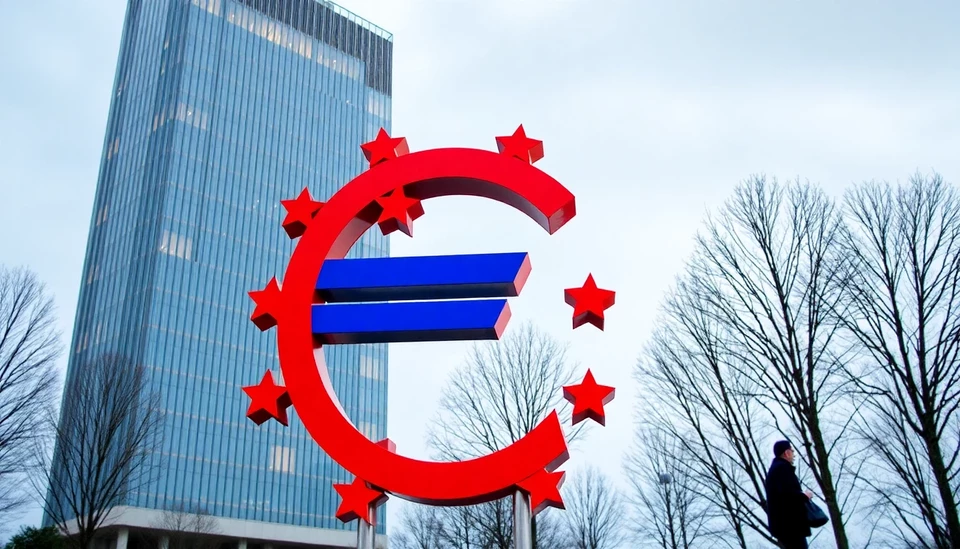
In a surprising turn of events, the private sector in the Euro Zone has unexpectedly dipped into contraction as recent data has revealed. This development has sent ripples through financial markets, raising concerns about the stability and growth of the region's economy as it heads into 2024.
The latest purchasing managers' index (PMI) readings showed a decline in activity within the region, suggesting that businesses are facing increased pressures, including ongoing inflation and tightening monetary policies. The composite PMI, which tracks both manufacturing and services sectors, recorded a significant drop, signaling that private-sector output shrank compared to the previous month. Analysts had largely predicted modest growth, making the contraction a noteworthy deviation from expectations.
This downturn is being felt across various sectors, with manufacturing experiencing the most pronounced decline. Industry leaders are attributing the drop in manufacturing activity to a combination of supply chain disruptions and weakening demand, particularly in key markets such as Germany. The service sector also showed signs of slowing growth, although it remains relatively more stable compared to manufacturing.
Indeed, the latest figures indicate that business confidence across the Euro Zone is waning, with companies reporting reduced hiring plans and a cautious approach to investment. This hesitance can be linked to concerns over prolonged inflationary pressures that continue to affect consumer spending and overall economic sentiment.
The European Central Bank (ECB) has been proactive in addressing inflation, having implemented interest rate hikes over recent months. However, as the private sector's performance poses challenges, analysts are starting to question whether such measures are adequately supporting economic growth, or if they are inadvertently stifling it. The potential for a prolonged contraction raises critical discussions about the need for the ECB to revisit its monetary policy strategies in light of these recent developments.
Market analysts are closely monitoring this situation, as the implications of a contracting private sector could extend beyond economic metrics and influence broader geopolitical stability within the Euro Zone. Investors are urged to keep a watchful eye on forthcoming economic indicators, which might provide further insight into how businesses are adapting to these changing conditions.
As we approach the end of 2023, the outlook for the Euro Zone’s economy remains uncertain. Stakeholders from various sectors, including policymakers, business leaders, and investors, will need to engage in thorough analysis and strategic planning to navigate through these challenging economic waters.
#EuroZone #EconomicContraction #PMI #BusinessConfidence #Inflation #Manufacturing #EuropeanEconomy
Author: Laura Mitchell




